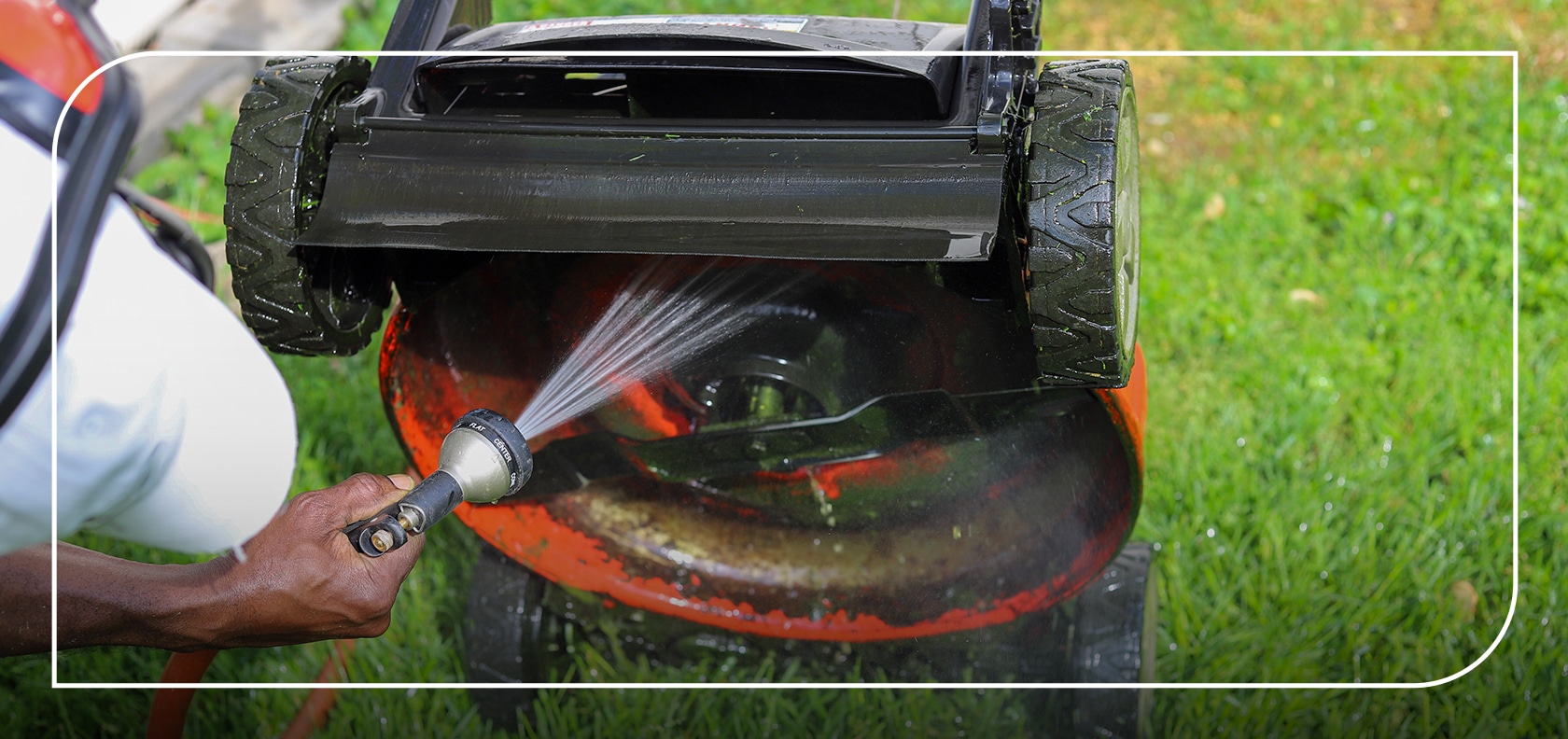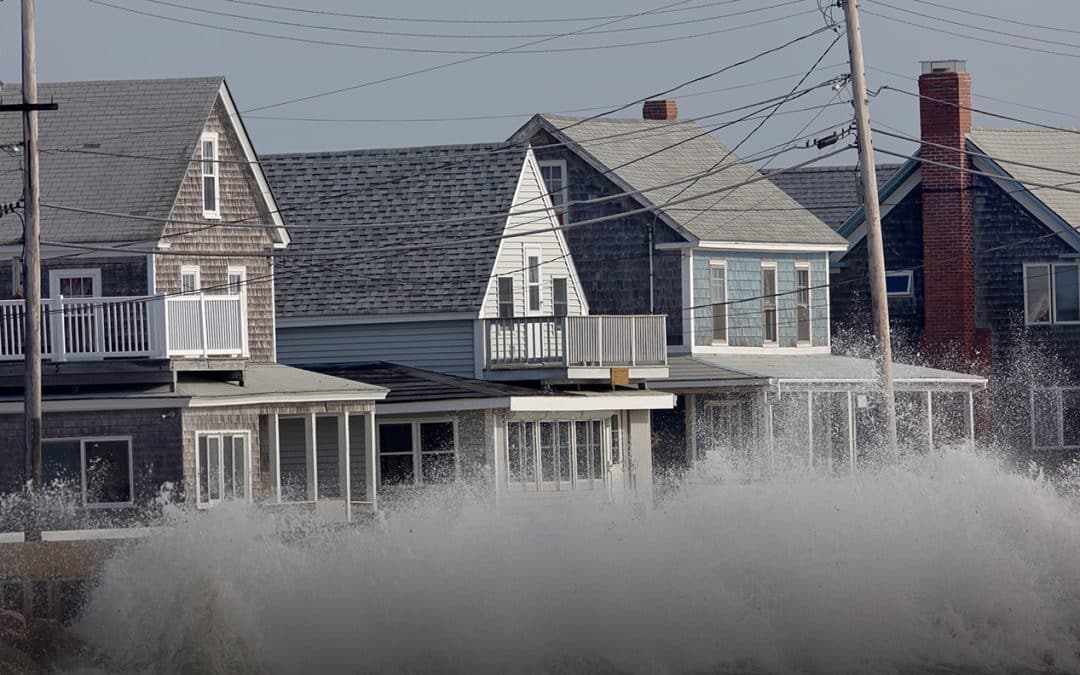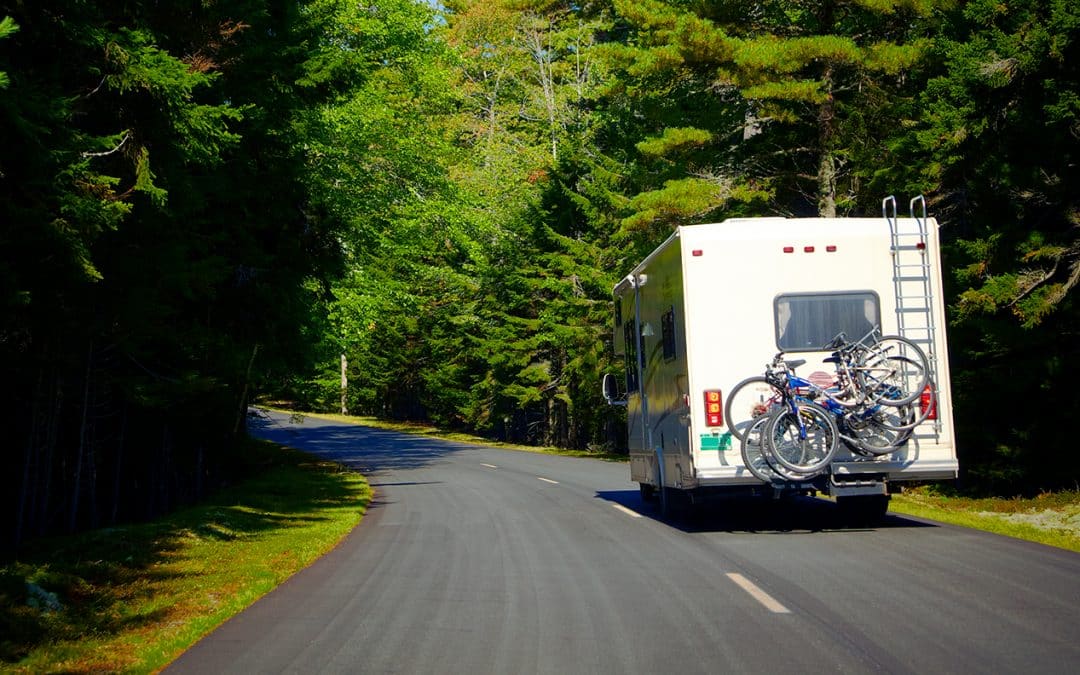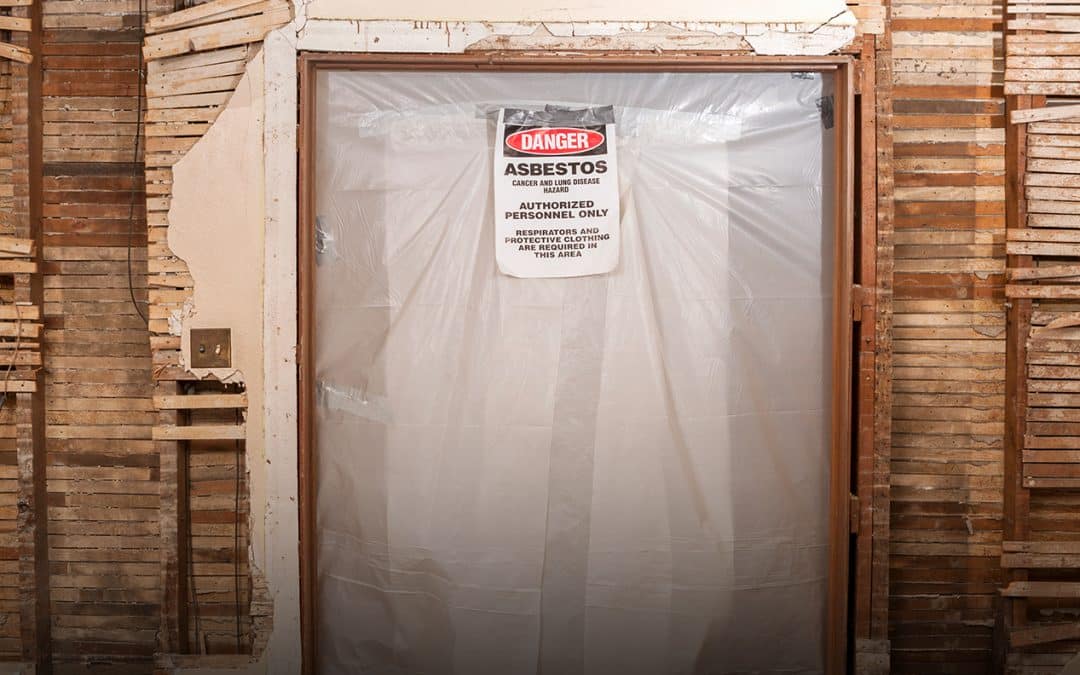As the weather gets warmer, it’s time to venture outdoors and start tidying up your yard.
When you’re a homeowner, one of your must-do tasks is cutting the lawn. Before putting away your lawnmower for the winter or when you take it back out for spring, it’s recommended you properly clean the mower to avoid the risk of a fire.
Common reasons lawnmowers catch fire
Because they are used a lot during the spring and summer months, mowers tend to build up grass clippings, leaves, grease, and dirt. More specific reasons from the Garden Tool Expert include:
1. Dry grass clippings get stuck in mower deck
When dry grass moves through the lawnmower, some gets stuck in the mower deck and muffler. When not properly cleaned out, the mower can catch fire when weather conditions are hot.
2. Leaving grass too high
When grass is too high (over four inches), it can fly up over the mower deck and encounter the running hot muffler. Grass clippings can also enter the cooling fans and engine, potentially sparking a fire.
3. Fuel and oil issues
Before mowing the grass, refill the fuel and check the oil level. Doing either when the mower is in use or with a hot engine can cause the muffler to ignite the vapors and set the lawnmower on fire.
4. Gasket leak
A lawnmower can overheat or catch fire if the carburetor has a leaky gasket. This leak can make the engine struggle due to air not being allowed to pass through, which can cause the fuel to leak – catching the mower on fire.
5. Not letting the lawnmower cool down
Every lawnmower is different, but it’s important to let your mower’s engine idle after use so that it cools down properly. If your lawnmower is still hot after a few hours, it can be at risk of catching fire or causing things nearby to catch fire.
While lawnmowers should always be stored inside a garage, shed, or enclosed building, so should gasoline. The National Fire Protection Association recommends:
- Store gasoline outdoors in small amounts in an approved gasoline storage container that is sold strictly for that purpose
- Do not store gasoline containers in a basement or occupied space of a building
- Ensure that the cap on the container is tight when not in use
Other lawn maintenance recommendations to keep your property looking pristine while avoiding the risk of fire include:
- Keep branches that overhang your home, deck, or porch trimmed
- Remove any plants that contain resins, oils, and waxes
- Use crushed stone or gravel around the house instead of flammable mulches
Will my homeowners insurance cover a fire caused by a lawnmower?
When you insure your home with MAPFRE, a standard homeowner’s policy will usually cover your losses should certain events like a major fire, heavy rain, or heavy snow damage your home’s interior or exterior. Things typically not covered by your policy would be general wear and tear, damage from lack of maintenance, and damage caused by remodeling your home.
In the event your lawnmower accidentally catches fire and ignites your garage, shed or home, you would probably be covered under the following:
- Other Structures
- Personal Property
- Dwelling Liability Coverage
If someone was injured by the fire while visiting your property, Liability Coverage would take effect. However, if a household member was injured, they would not be covered by the Liability Coverage.
If just your lawnmower caught fire and was destroyed, you should check to see what kind of warranty you have with the manufacturer. Depending on the cost of the mower, it might not be worth it to even file a claim and instead purchase a new one.
MAPFRE Insurance is the number one home insurance provider in Massachusetts, and we partner with local independent insurance agents to help you find the right policy wherever you are! If you’re not yet insured with us, you can always get a fast, free quote online today to see how much you could save!



